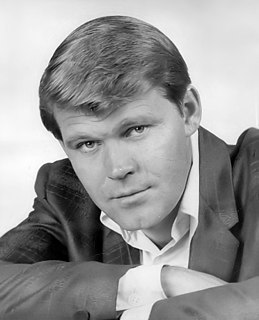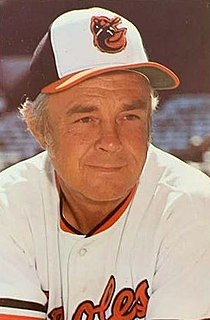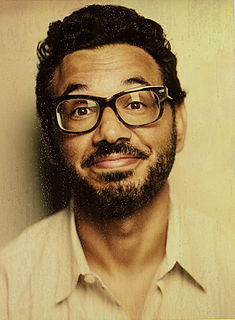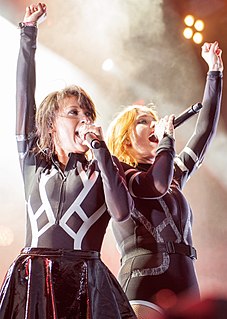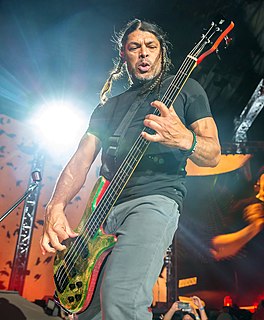A Quote by Glen Campbell
I learned it was crucial to play right on the edge of the beat... It makes you drive the song more. You're ahead of the beat, but you're not.
Related Quotes
The bartenders are the regular band of Jack, and the heavenly drummer who looks up to the sky with blue eyes, with a beard, is wailing beer-caps of bottles and jamming on the cash register and everything is going to the beat - It's the beat generation, its béat, it's the beat to keep, it's the beat of the heart, it's being beat and down in the world and like oldtime lowdown.
Yes, there are times where I might play one bad service game a set. If you look at Sampras, he might play one slightly suspect service game every three sets. So to beat someone like that you've obviously got to be right on top of your game. I've basically got to get rid of that in my game so it makes me very difficult to beat.
My daughter, who is 7 years old - I have no idea where she learned this - she made a video where she's beat-boxing. We have no idea where the beat-boxing came from, but all of a sudden, there it was. Now we're launched into lyric sheets for every single song that is current. They're all over our house.
That straight man character is a short trip between comedy and drama in a project, so I can play the comedic beat on the same page as a dramatic beat. It gives me a lot of freedom as an actor to play scenes in multiple ways because I don't play the clown, nor do I play someone who is particularly maudlin.
